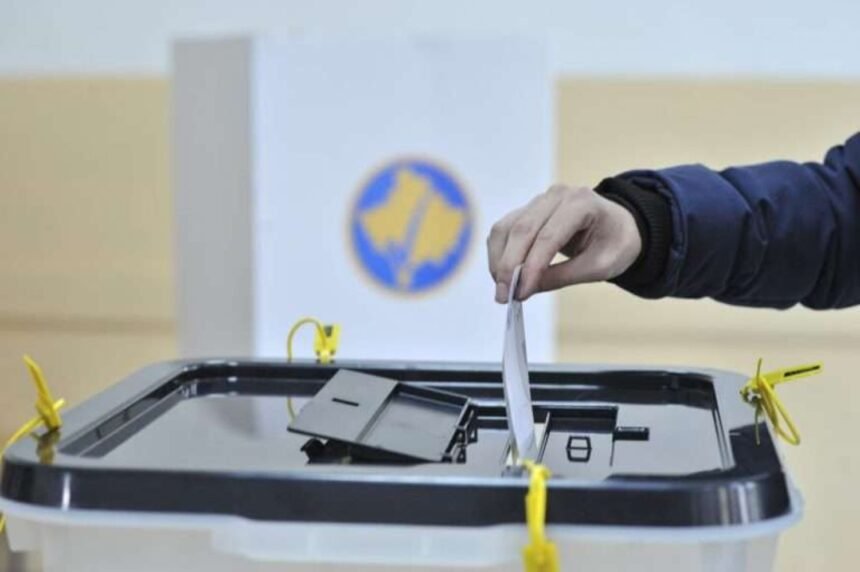The election campaign within the Serb community in Kosovo has been marked by accusations of vote buying, with various political parties exchanging allegations of using public funds and government aid to secure votes.
One of the key accusations involves the Serbian List, Kosovo’s largest Serb party, which has the support of official Belgrade. Critics of the Serbian List claim that the party is using social assistance, announced by Serbian President Aleksandar Vučić, as a tool to guarantee votes. The aid, amounting to 20,000 dinars (about 170 euros), is reportedly being distributed exclusively to “secure voters” of the Serbian List.
The opposition party, the Party for Freedom, Justice, and Survival, led by Nenad Rašić, has been accused of distributing household appliances and agricultural subsidies in exchange for votes. Both accusations raise concerns about the abuse of state funds to influence the elections.
Kosovo’s Penal Code provides for prison sentences of one to five years for anyone who seeks or receives an unfair advantage with the intent of securing a vote.
The Serbian List, meanwhile, denies these allegations. Petar Petković, head of the Serbian Government’s Office for Kosovo, defended the aid programs, stating that the financial support is unrelated to the upcoming elections, emphasizing that such activities are ongoing throughout the year.
However, the Serbian List’s critics argue that these activities are clearly timed to influence the February 9th elections in Kosovo.







